Delving into the heart of Polish history, this curated selection of biopics offers a unique glimpse into the lives of remarkable individuals who have shaped Poland's cultural, political, and artistic landscape. These films not only celebrate the resilience and creativity of the Polish spirit but also provide a profound understanding of the nation's past, making them invaluable for anyone interested in history, cinema, or simply a good story.

The Pianist (2002)
Description: This film tells the harrowing true story of Władysław Szpilman, a Polish-Jewish pianist who survived the Holocaust by hiding in the ruins of Warsaw. It's a poignant exploration of human endurance and the power of music.
Fact: Adrien Brody learned to play the piano for the role, and his performance earned him an Oscar for Best Actor.
 Watch Now
Watch Now

Katyn (2007)
Description: "Katyn" recounts the tragic events of the Katyn massacre, where thousands of Polish officers were executed by Soviet forces. It's a powerful narrative of loss, remembrance, and the quest for truth.
Fact: The film was Poland's official submission for the Best Foreign Language Film at the 81st Academy Awards.
 Watch Now
Watch Now
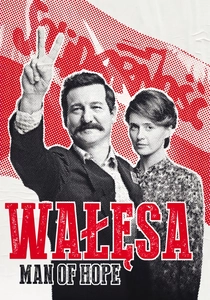
Walesa: Man of Hope (2013)
Description: This biopic chronicles the life of Lech Wałęsa, the leader of the Solidarity movement that led to the fall of communism in Poland. It captures his journey from an electrician to a Nobel Peace Prize laureate.
Fact: The film was directed by Andrzej Wajda, a legendary Polish filmmaker known for his historical films.
 Watch Now
Watch Now
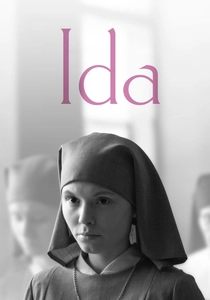
Ida (2013)
Description: Set in 1960s Poland, "Ida" follows a young novice nun who discovers her Jewish heritage and the dark secrets of her family's past. It's a beautifully shot film that delves into identity, faith, and history.
Fact: The film was Poland's official submission for the Best Foreign Language Film at the 87th Academy Awards, where it won.
 Watch Now
Watch Now
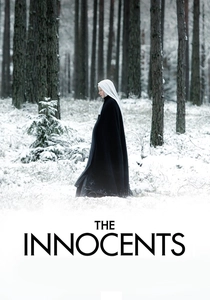
The Innocents (2016)
Description: Although not entirely Polish, this film is set in post-war Poland and tells the story of a French Red Cross doctor who helps Polish nuns who have been raped by Soviet soldiers.
Fact: The film was inspired by real events and was critically acclaimed for its sensitive portrayal of trauma.
 Watch Now
Watch Now
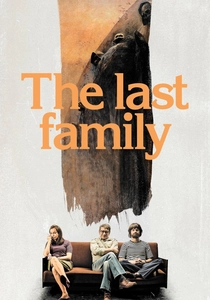
The Last Family (2016)
Description: This film provides an intimate look at the life of Polish artist Zdzisław Beksiński and his family, capturing the eccentricity and tragedy that marked their lives.
Fact: The film was Poland's submission for the Best Foreign Language Film at the 90th Academy Awards.
 Watch Now
Watch Now
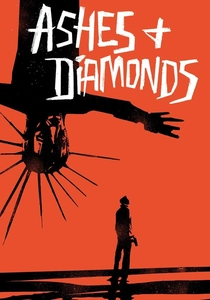
Ashes and Diamonds (1958)
Description: Set on the last day of World War II, this film follows a young resistance fighter torn between his duty and his desire for a normal life, reflecting the moral complexities of post-war Poland.
Fact: It was one of the first Polish films to gain international acclaim.
 30 Days Free
30 Days Free
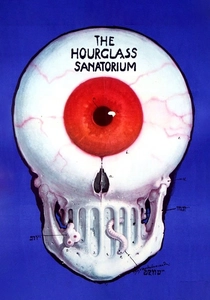
The Hourglass Sanatorium (1973)
Description: This surreal film explores the dreamlike journey of a man visiting his dying father in a sanatorium, reflecting on memory, time, and the Jewish experience in Poland.
Fact: It was based on the stories by Bruno Schulz, a Polish-Jewish writer, and its dreamlike quality has made it a cult classic.
 30 Days Free
30 Days Free
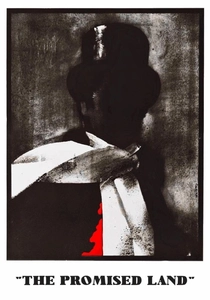
The Promised Land (1975)
Description: Based on the novel by Władysław Reymont, this film portrays the ruthless pursuit of wealth by three friends in industrializing Łódź, offering a critique of capitalism and industrialization.
Fact: The film was nominated for the Palme d'Or at the Cannes Film Festival.
 30 Days Free
30 Days Free

Man of Marble (1977)
Description: This film explores the life of a fictional Polish bricklayer who becomes a national hero, reflecting on the manipulation of history and propaganda in communist Poland.
Fact: It was one of the first films to openly criticize the Polish communist regime.
 30 Days Free
30 Days Free









